Diaspora Activism: Subverting India’s Voice in the U.S.
It is time for the Indian American community to sharpen its discernment.
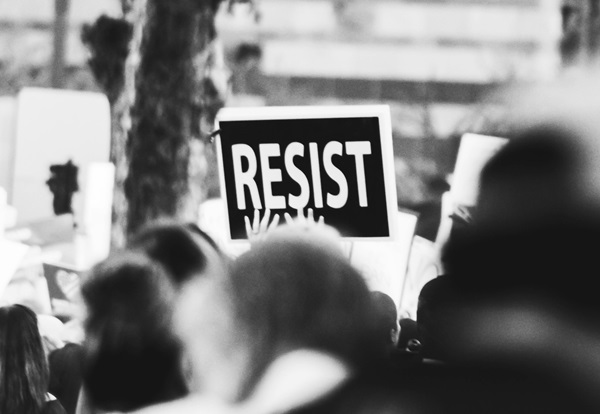 Representative Image. / Pexels
Representative Image. / Pexels
I recently wrote about the ‘5.0 plus Fronts’ faced by India, that is Bharat. These fronts include not only China and Pakistan as potential aggressors but many more internal (to Bharat) and external communal and political forces which threaten its stability. An example of the India Association of Minnesota was cited as engaging in anti-India acts to erase Bharat’s Sanatan heritage.
Further research, seemingly never adequate and unending, shows that a troubling trend is taking deeper roots in the Indian American landscape. The appropriation of “India” and “Hindu” identities by organizations and individuals who are, in practice, hostile to both isn’t just ordinary dissent but a sophisticated ideological subversion masked as advocacy.
Groups like the Indian American Muslim Council (IAMC), Hindus for Human Rights (HfHR), Hindus for Justice, and The Sikh Coalition consistently use the language of civil rights while championing narratives that are sharply anti-Bharat and, often, anti-Hindu. Whether lobbying or testifying before congressional hearings, or partnering with known India detractors, these organizations disproportionately project Bharat with ultra negativity. They often omit the context of Bharat’s democracy, pluralism, and civilizational resilience. Their agenda is not reform but erosion.
One of the more blatant examples of this distortion is the "Holi Against Hindutva" campaign—a cynical repurposing of a beloved Hindu festival into a protest space to conflate Hindu identity with extremism. It exploits sacred tradition to advance a political message that collapses nuance and undermines the lived reality of millions of Hindus worldwide. Such a campaign is intellectually dishonest and culturally offensive.
Another is Equality Labs, which frequently disseminates data and narratives that frame Hinduism as inherently oppressive while downplaying progress or diversity within Indian society. Its founder, Thenmozhi Soundararajan, frames her activism through a lens that frequently positions Bharat as systemically oppressive.
More concerning is the role of individuals who lend legitimacy to this agenda. An example is Professor Anantanand Rambachan, a scholar of Hinduism from Minnesota, appearing alongside a controversial academic, Audrey Truschke. She has built her public profile on denigrating Hindu scriptures and casting suspicion on India’s historical narrative. Truschke’s latest book, India: A 5,000-Year History on the Subcontinent, exemplifies this issue. Though her scholarly background lies in medieval Indo-Islamic history, she now seeks to authoritatively narrate a five-millennia history of India—a bold endeavor that critics have already flagged for historical inaccuracies and ideological bias.
When scholars like Rambachan chose to participate in ‘Exploring the Stories of India’ with Truschke on June 1, dominated by organizations like IAMC or Hindus for Human Rights, it sends a message, not of balanced discourse, but of endorsement. Silence in the face of misrepresentation is not neutrality; it is complicity. Shall we characterize the association of two academics as legitimizing each other’s harmful rhetoric through passive support?
Another event in the making on June 16 at Rutgers University, sponsored by HfHR and IAMC, is Hindutva in America: A Threat to Equality and Religious Pluralism. Note the location: Rutgers, where Tresche teaches and plans everything anti-Bharat under the guise of academic freedom with impunity.
Fortunately, we are not without principled voices. Institutions like Infinity Foundation, led by Rajiv Malhotra, provide an intellectually rigorous counterbalance. With decades of work in decolonizing Indic knowledge systems, the Foundation represents a model for responsible scholarship and advocacy rooted in cultural integrity and civilizational pride.
It is time for the Indian American community to sharpen its discernment. We must ask: Who truly speaks for India and its people—and who merely uses its name as a convenient mask for ideological activism? In a world of anti-India and anti-Hindu narratives, clarity is power. We must not cede our voice to those who misrepresent us.
(The views and opinions expressed in this article are those of the author and do not necessarily reflect the official policy or position of New India Abroad)
ADVERTISEMENT
ADVERTISEMENT
E Paper
Video




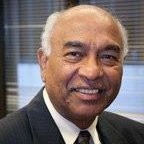 Vijendra Agarwal
Vijendra Agarwal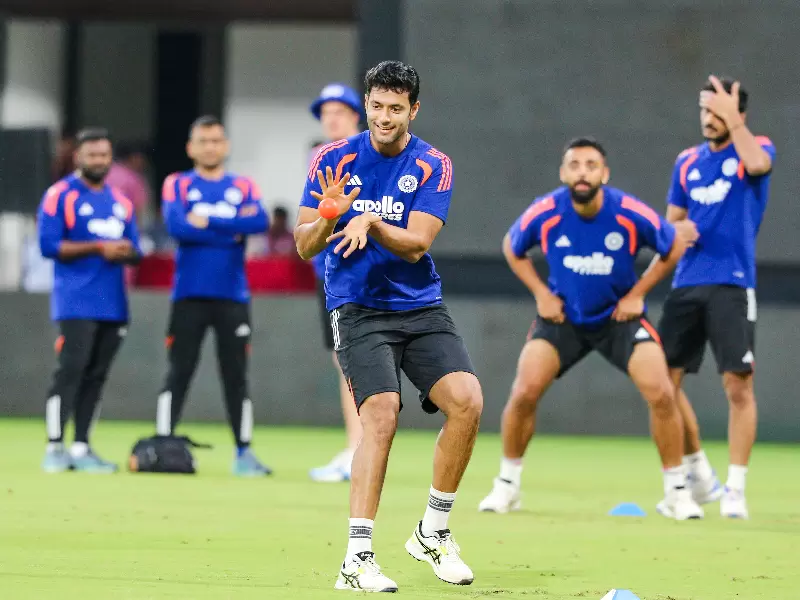
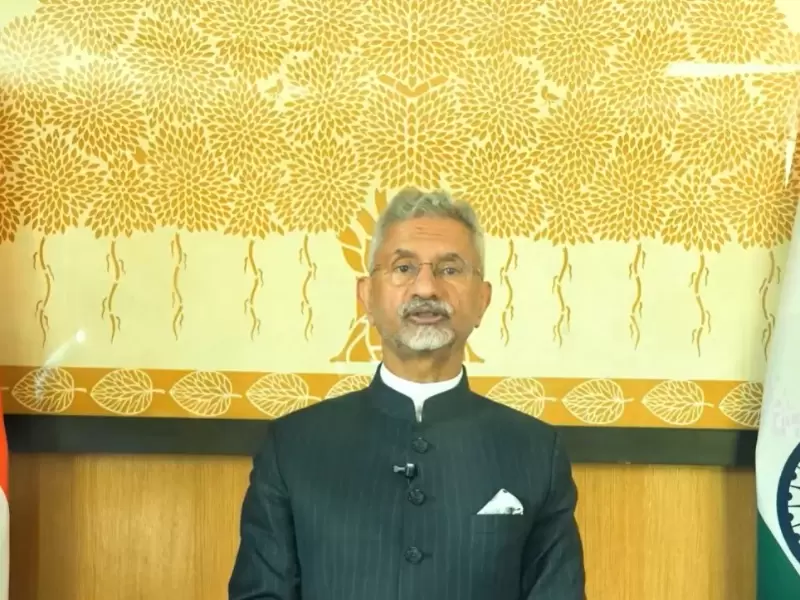


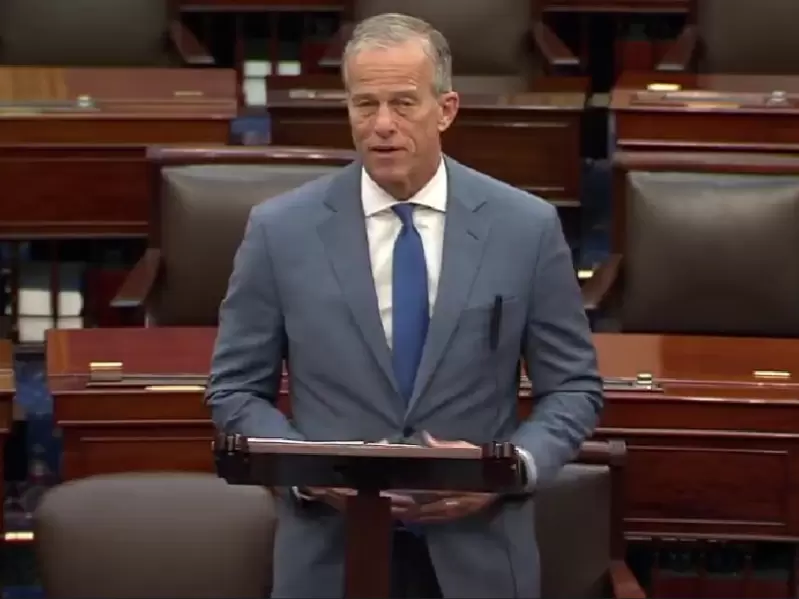
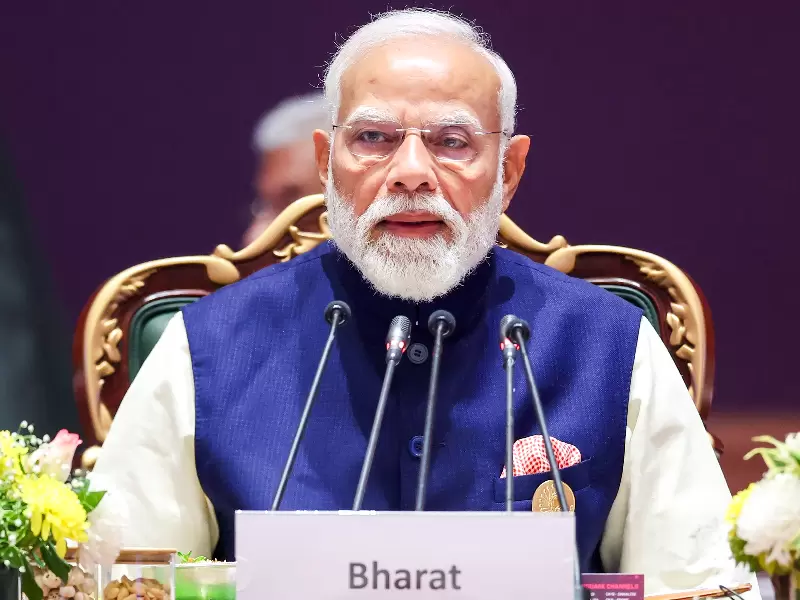
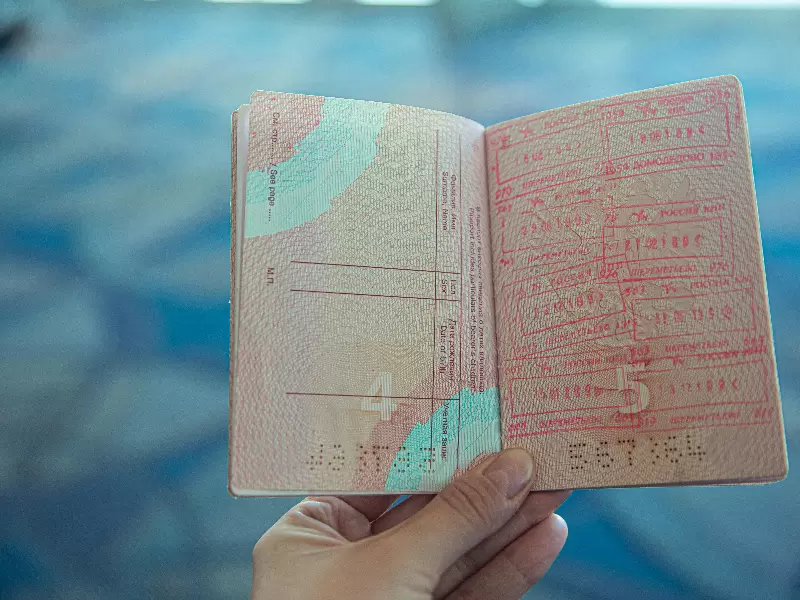
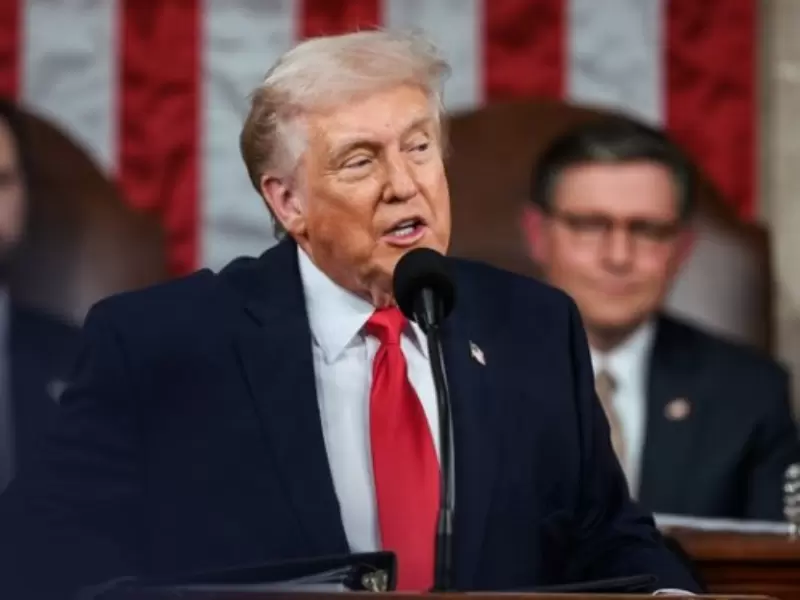
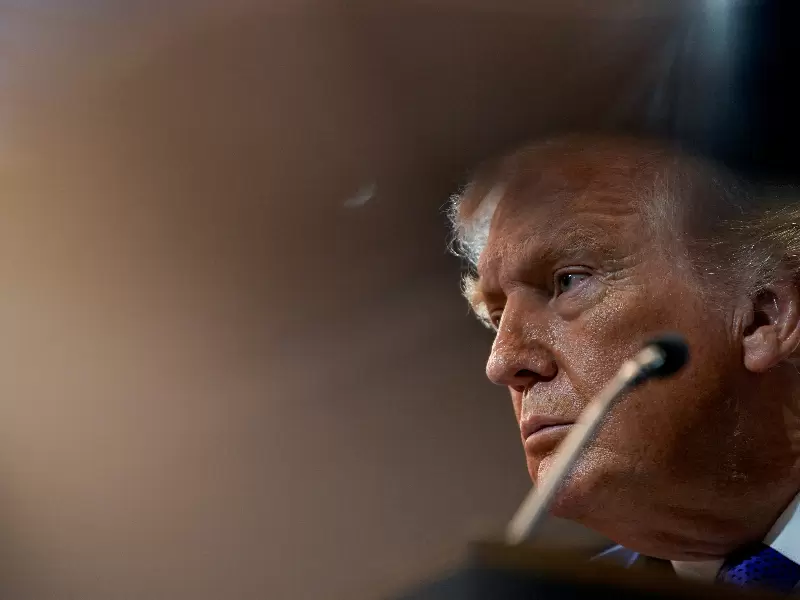
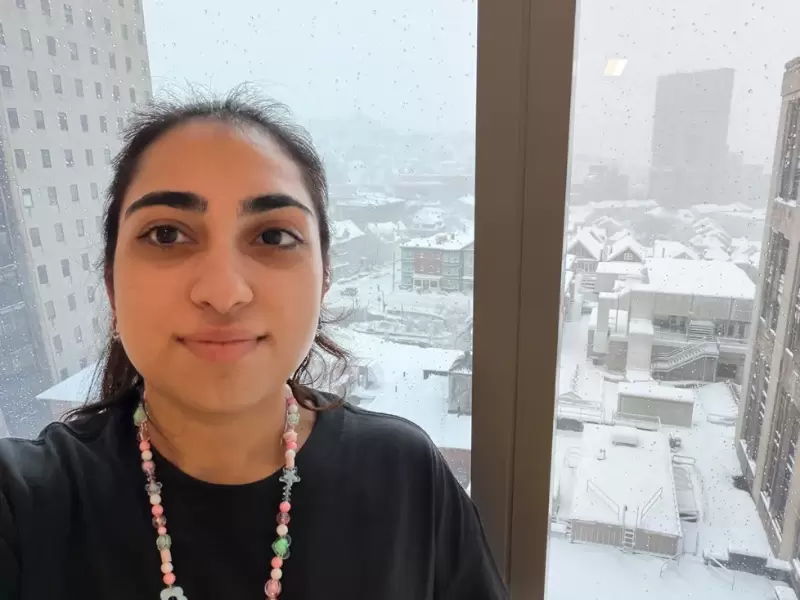
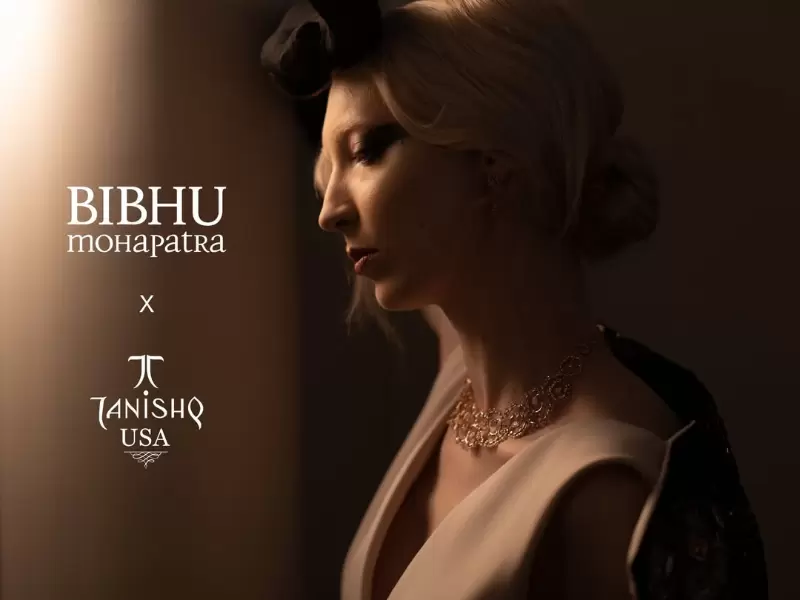
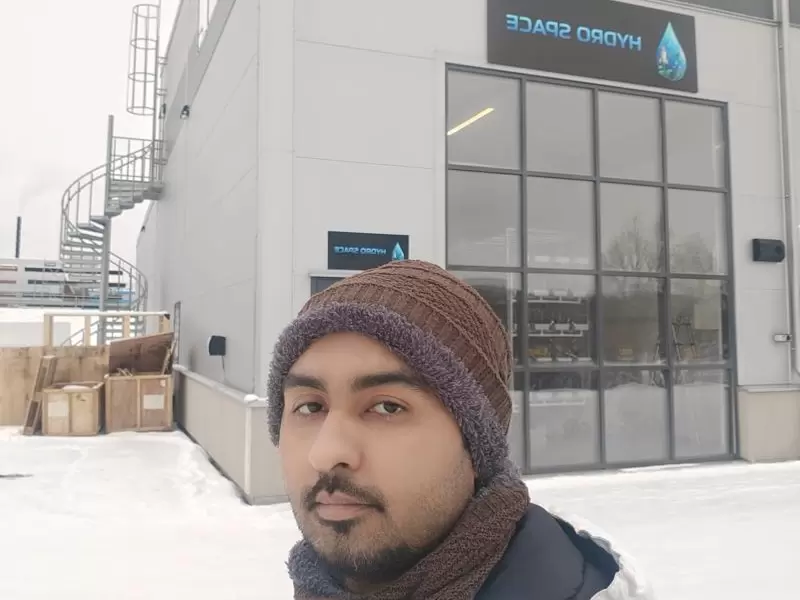


Comments
Start the conversation
Become a member of New India Abroad to start commenting.
Sign Up Now
Already have an account? Login